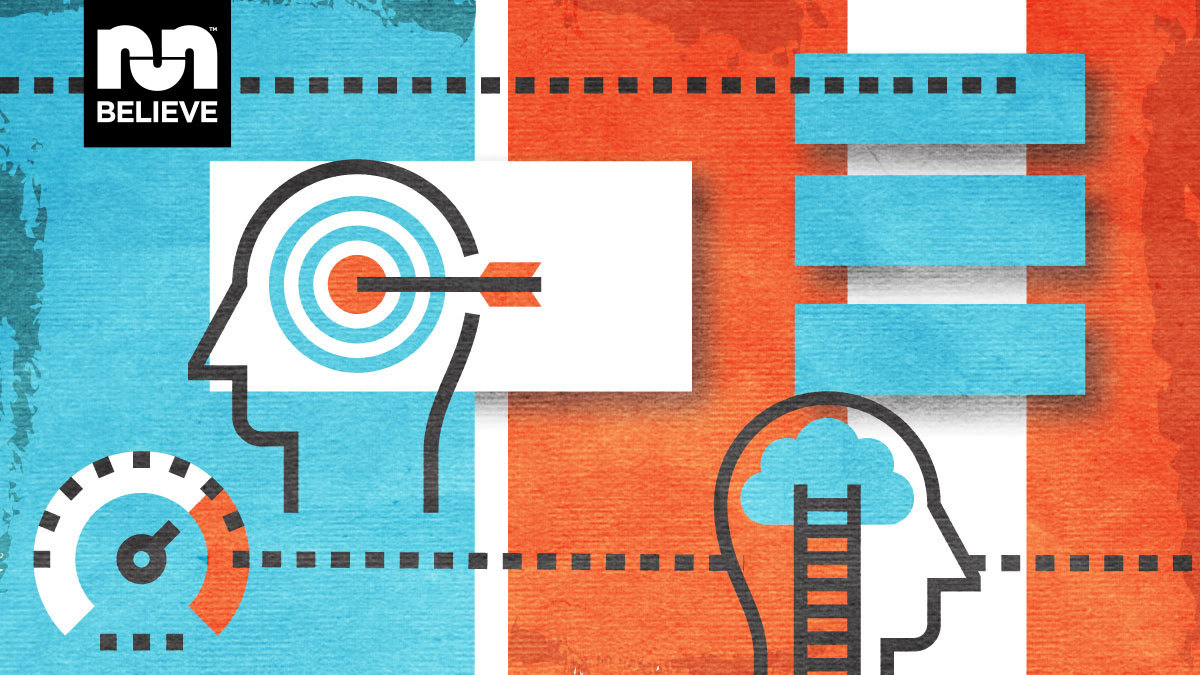
“It’s all in your head.”
We’ve all heard this tired cliche a thousand times before. It’s as infuriating as the heavy breather or foot stomper you can’t seem to shake off at the local 5k.
But the truth is, we’ve all gotten nervous before a race. Or thought about how other runners are just better (or fitter, or prettier, or have cooler shoes, etc.). Maybe you’ve given up in a workout or race and cannot figure out why it happened.
Tiresome as it may be, the fact is, is that running and progress (or lack thereof, sadly) largely is in our heads.
This is where psychology comes in.
I’m Adrienne Langelier and I am a sport psychology consultant currently based in The Woodlands, TX. I also was a contributor to Kara Goucher’s latest book “Strong” (I wrote the beige pages), and I am also a runner and rabid shoe geek. In short, runners are my favorite people in the world to help.
It is my job to help runners (like you) find ways to tap into their own mental resources and use their brain for good versus evil. You might be thinking, ‘Isn’t it hard to do? What if I’m not into all that woo-woo stuff?’ Good. Neither am I. And I do this stuff for a living.
As athletes, each of us is different and has unique goals, experiences, and stories; however, some common obstacles arise. And they don’t discriminate between the elites and the “I run for fun” crowd. Trust me, I’ve seen it all. Confidence is something that has got to be built and maintained to continue to improve, and it’s as elusive as a unicorn to many of us.
In order to harness that unicorn, we must first identify the type of garbage in our heads. If we do that, we can get to work on it and stop the self-sabotage and perform more consistently.
Starting out, let’s examine the most common issues runners face and see if they describe you from time to time. Personally, these are things I’ve dealt with in my running as well (even sports psychologists need sports psychology). See, we’re all in this together!
Does anyone feel me on this? Just like stretching and eating right (most of the time anyway), taking the time to pull weeds and put the mental trash on the curb takes our running to another, better place.
We’re going to dive into this more in the coming months, but know that oftentimes, it really is just in your head. But there is hope!
Thanks for reading, and feel free to reach out with questions, comments, and healthy debate.
Have something to say? Leave a Comment